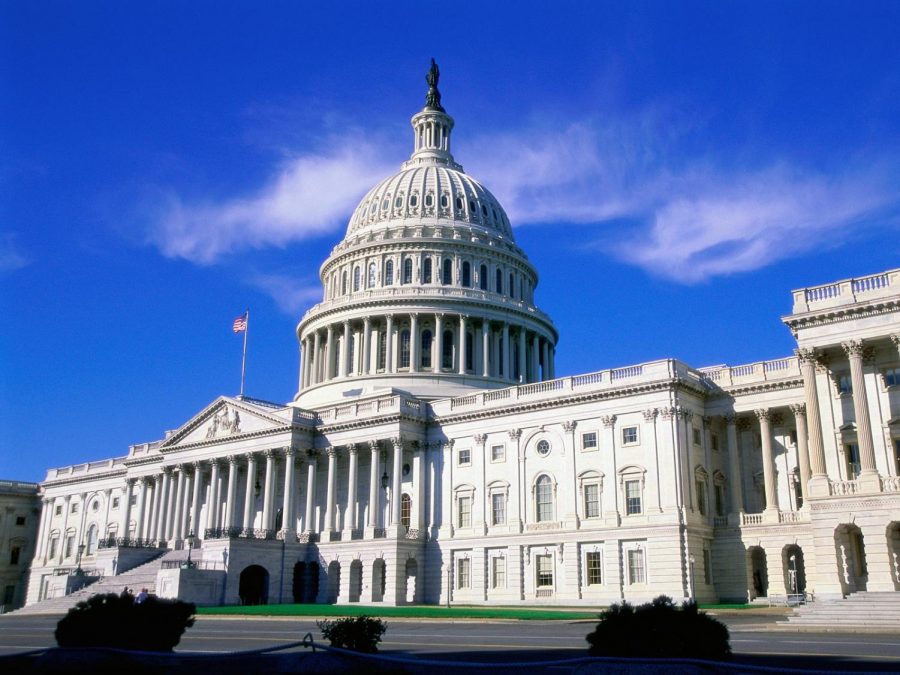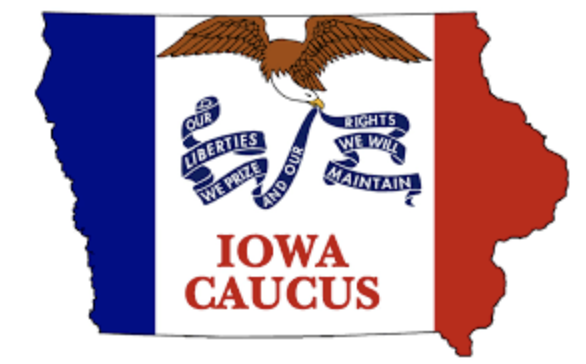Federal Watch
Changing of Utah monuments
In April, President Trump signed an executive order that enabled Interior Secretary Ryan Zinke to reassess any national monuments larger than 100,000 acres, The Washington Post wrote. This included two national monuments in Utah. The Bears Ears created by President Obama which expands over 1.35 million acres is to be cut to 201,397 and The Grand Staircase Escalante created by President Clinton originally 1.9 million acres is going to be 997,490, according to The Washington Post. As a result, outraged citizens are going to court to fight this new government decision. The alteration is due to complaints about federal overreach with strict protections placed on areas as such- preventing workers from drilling on these beautiful landmarks.
VP Pence breaks tie to ban consumers from suing creditors and banks
After Mike Pence’s tie breaking vote, the Senate has passed a law banning consumers to sue their creditors and banks via class action. The senate overturned legislation that would require consumers to resolve their disputes through arbitration. The effects of this legislation is huge for the financial industry, like Wall Street. Meanwhile, the consumers take a huge hit. They no longer have the right to sue their banks and credit card companies, even if the banks and credit card companies do bad. According to Richard Cordray, head of the Consumer Financial Protection Bureau, the new legislation gives the banks and creditors the right to a day in court while the consumer is locked out of court. He also said that companies are now allowed to break the law without fear of being sued. The new legislation also blocks big paydays for lawyers. Consumers are not forced to use arbitration to resolve differences with banks. Which is beneficial to banks and creditors.
FCC votes to repeal net neutrality
Used on the Internet, net neutrality is a principle that states that service providers must treat all of the people using it the same. There can’t be any discrimination of the user, and that user can’t be charged different than others. Net neutrality’s main goal is to make everyone’s status the same on the Internet, preserving their rights on the web. Many people agree and disagree about net neutrality. People want their rights to be protected on the Internet while others think it is best to demolish net neutrality. LGBTQ, people of color, and religious minorities can use the web to organize ways of fighting back against discrimination using economics and education. The web can be used to plan a movement for these people to get social justice. If net neutrality is demolished, they could lose those opportunities to stop the discrimination and may never have a chance to get justice in our society. Phone and cable companies are against net neutrality. Donald Trump’s Federal Communications Commision chairman, Ajit Pai, says that net neutrality is “a solution that won’t work for a problem that doesn’t exist.” On Dec. 14th, the FCC voted to repeal net neutrality.
The “Cake Case” is no piece of cake
For the longest time, same sex marriage was not legal within the United States. On June 27th, 2015, same sex marriage was legalized across the whole country. Perhaps the event that spearheaded this movement the most was the “Cake Case”. When Jack Phillips, the owner of the Masterpiece Cake Shop, refused to bake a wedding cake for David Mullins and Charlie Craig. The same sex couple argued that it was in violation of their rights. Phillips claims that he should be allowed to refuse their request because if he wasn’t allowed to refuse their request, it would be in violation of his freedom of speech. During the week of December 9th, the case was heard. The Supreme Court has not yet ruled on the case. This case, while being controversial, can set a precedent in this issue which is a debate between marriage rights and the rights of a person to free speech.











